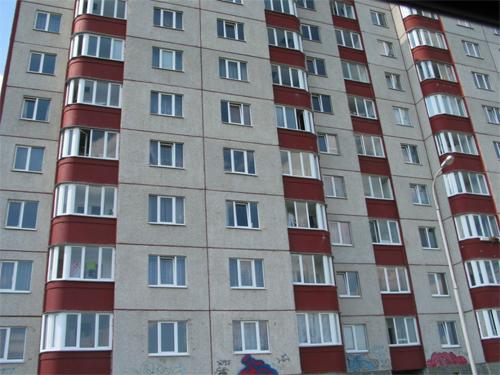Disadvantages of plastic windows: airtightness, fire safety, condensation, and potential risks.
Plastic Windows and Their Disadvantages
 A lot has been written and said about the features of plastic windows. Indeed, plastic windows are a case where a family of any income can decorate and refresh their home, and commercial and public institutions can stay within budget during renovations. But, as with anything, plastic windows have their pros and cons.
A lot has been written and said about the features of plastic windows. Indeed, plastic windows are a case where a family of any income can decorate and refresh their home, and commercial and public institutions can stay within budget during renovations. But, as with anything, plastic windows have their pros and cons.
Enough has been said about the advantages, so let's talk about the disadvantages. It should be noted right away that the situations described below are hypothetical, and I hope you won't have to check my words in practice. Still, it's useful to know these points. Plastic, despite all treatments and impregnations, is after all a chemical material. And in the event of a fire, of course, plastic will melt. The danger is not only that burning plastic emits, albeit minimal, nevertheless poisonous fumes. Plastic does not always burn with an open flame, so you may not smell smoke if the fire started exactly at one of the windows. In that case precious minutes are lost when you could still extinguish the fire yourself.
If there is a gas leak in the house, the airtightness created by closed plastic windows will turn from a plus into a major minus. If there are drafts in the house, or the window frames are made of materials that let air through, the gas will escape outside in minimal amounts, thus delaying a possible explosion. But if the room is completely sealed (and plastic windows do not let air through at all), an explosion may occur very soon.
And again the airtightness of plastic windows turns into another, less attractive side. The problem of condensation on plastic windows is familiar to many. In a room that has not been ventilated for a long time it becomes stuffy, humidity increases, and, recalling physics, condensation forms. Not only on the windows — it can also appear on the walls. But moisture is easy to remove from a wall, whereas if condensation appears on a plastic window, the window must be replaced. Avoiding this is simple — ventilate the room. It is very convenient to open plastic windows from the top so as not to create drafts while at the same time airing the room effectively. These are the main disadvantages of plastic windows. As you can see, there are few of them, and you are unlikely to encounter them at all. In any case, today plastic windows are the safest and most economical way to glaze windows. Although there are exceptions everywhere.